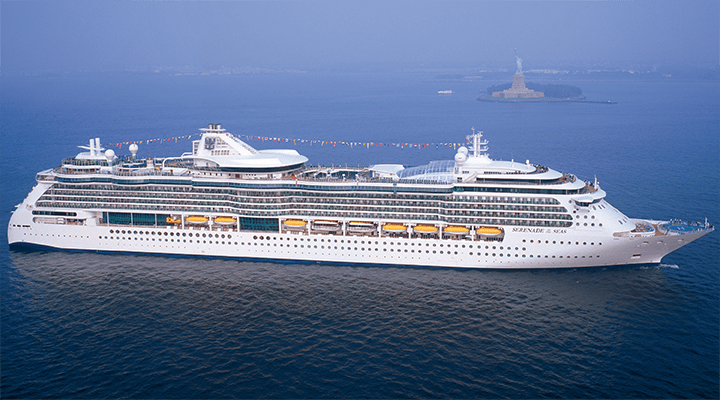The World Customs Organization (WCO) reported that it analyzes passenger control and facilitation in the cruise industry.
Following discussions at the Passenger Facilitation and Control Working Group (PFCWG) Global Cruise Workshop in July, the WCO Secretariat, together with the International Maritime Organization (IMO) and the United Nations Office Against Terrorism (UNOCT), organized a meeting with representatives of the Cruise Line Industry Association (CLIA).
The objective? Share recent developments and discuss the priority tasks of the PFCWG.
The meeting obtained initial comments from the industry on the possible data elements that would make up a global data standard for maritime passengers.
The meeting began with an explanation from David Dodson, from the United States Customs and Border Protection (USCBP) and co-moderator of the Global Workshop, about what API / PNR is and how it is used by government authorities for border security. as well as how the United States receives and uses API / PNR data.
World Customs Organization
The representative of UNOCT made a presentation on the current status of its Program to Combat Terrorist Travel (CT Travel) and the study towards the establishment of a new international framework in the maritime sector, as well as the Commitment Checklist of Carriers to provide a better understanding of current practices and procedures used by cruise lines.
The meeting then focused on possible elements of the global data standard for maritime passengers, which was developed through the Global Workshop and the CLiKC! Discussion.
The WCO Secretariat outlined the draft dataset, explaining the development process carried out with the WCO members.
The next steps, including industry assistance, needed to improve the dataset were also discussed to ensure its accuracy and that operators can provide their elements.
Covid-19
Throughout the meeting, the World Customs Organization emphasized that the focus of this initiative is on facilitation and how it can best be achieved, particularly in the current pandemic environment.
The WCO and its members believe that this initiative could be a win-win situation by improving and facilitating the processing of maritime passengers through advanced risk assessment based on advance information while mitigating security and other threats.
Likewise, the World Customs Organization highlighted the importance of cruise lines getting involved in the work of a global data standard for passengers and seafarers and asked the CLIA to encourage its members to join the discussion.
For its part, the CLIA recognized the current situation and the importance of using global standards whenever possible.
They responded that it is important for cruise lines to understand the logic behind including particular data elements in the global standard.
Furthermore, although they expressed that they could not judge the adequacy of the data elements in the meeting, as they need to consult with their members, there was a commitment from both the WCO and the CLIA to continue collaboration on the dataset and in topics such as data transmission protocols.
The OMA also noted the importance of gaining a deeper understanding of what traveler data operators collect and how they handle that data in order to further refine the potential global data standard and minimize its impact on the industry.
![]()

